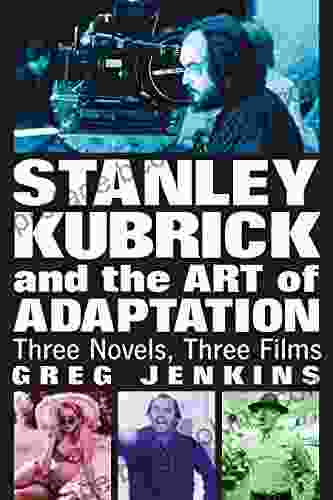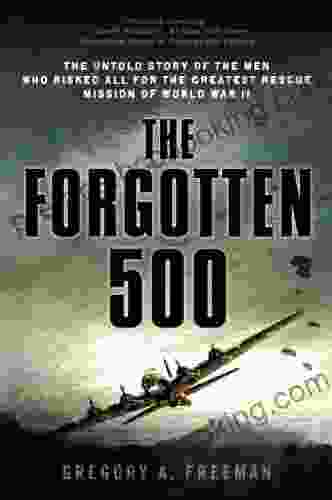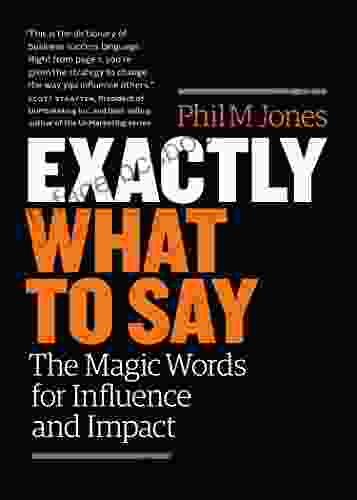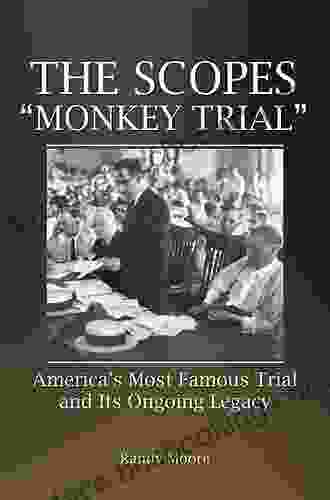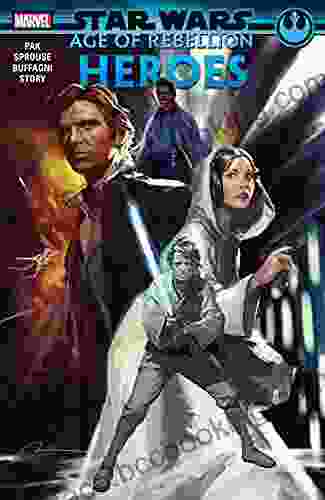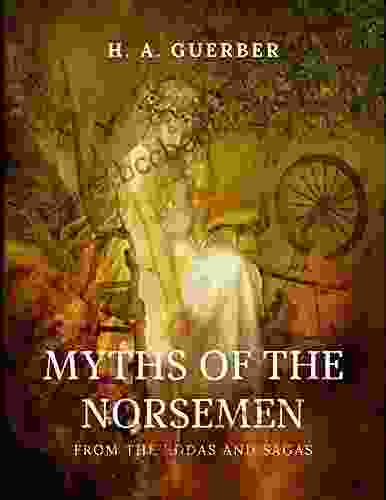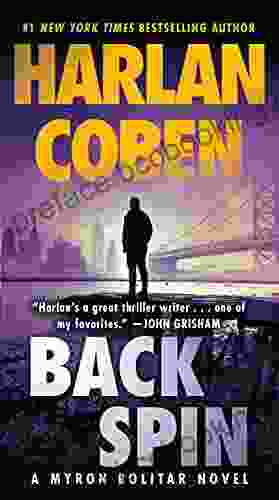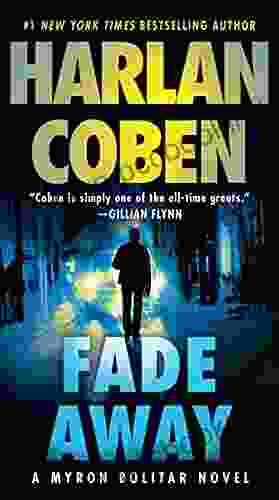: The Genius of Kubrick
Stanley Kubrick, a visionary director renowned for his meticulous craftsmanship and groundbreaking cinematic techniques, left an undeniable mark on the world of filmmaking. His films, known for their complex narratives, stunning visuals, and unforgettable performances, continue to captivate and inspire audiences decades later.
4.5 out of 5
| Language | : | English |
| File size | : | 3193 KB |
| Text-to-Speech | : | Enabled |
| Screen Reader | : | Supported |
| Enhanced typesetting | : | Enabled |
| Word Wise | : | Enabled |
| Print length | : | 181 pages |
One of Kubrick's most remarkable talents was his ability to adapt novels and short stories into compelling cinematic experiences. His meticulous approach to adaptation, combined with his keen eye for detail and unwavering commitment to artistic integrity, resulted in cinematic masterpieces that transcended their literary origins.
Dr. Strangelove: A Satirical Masterpiece
Kubrick's adaptation of Peter George's novel "Red Alert" resulted in one of the most iconic political satires of all time, "Dr. Strangelove or: How I Learned to Stop Worrying and Love the Bomb." The film's razor-sharp wit and biting commentary on the Cold War nuclear arms race remain as relevant today as they were during its initial release.
Kubrick's screenplay, co-written with Terry Southern and Peter George, captures the absurdity and paranoia of the era with meticulous precision. The unforgettable characters, such as the unhinged General Jack D. Ripper and the eccentric Dr. Strangelove, are brought to life by a stellar cast, including Peter Sellers, George C. Scott, and Slim Pickens.
2001: A Space Odyssey: A Cinematic Landmark
Kubrick's adaptation of Arthur C. Clarke's seminal novel, "2001: A Space Odyssey," is widely regarded as one of the greatest science fiction films ever made. The film's groundbreaking visuals, innovative editing, and enigmatic narrative explore the profound themes of evolution, technology, and the human experience.
Kubrick collaborated closely with Clarke during the development of the screenplay, ensuring that the film remained faithful to the novel's philosophical underpinnings. The result is a cinematic masterpiece that transcends the boundaries of genre, leaving audiences in awe and contemplation.
The Shining: A Psychological Thriller
Kubrick's adaptation of Stephen King's novel, "The Shining," is a haunting and unforgettable psychological thriller. The film follows the decline of aspiring writer Jack Torrance into madness while serving as winter caretaker at the isolated Overlook Hotel.
Kubrick's screenplay, co-written with Diane Johnson, delves into the depths of Torrance's psyche, gradually revealing his fragile mental state. The film's atmospheric cinematography and iconic set design create a sense of claustrophobia and dread, immersing the audience in Torrance's descent into darkness.
A Clockwork Orange: A Controversial Masterwork
Kubrick's adaptation of Anthony Burgess's novella, "A Clockwork Orange," is a controversial yet unforgettable masterpiece. The film depicts the dystopian society where Alex DeLarge, a charismatic but violent delinquent, undergoes an experimental treatment designed to eliminate his criminal instincts.
Kubrick's screenplay, co-written with Burgess, remains faithful to the novel's unsettling themes of free will and morality. The film's disturbing violence and graphic imagery sparked intense debate and controversy, but its artistic brilliance and social commentary continue to resonate with audiences.
: A Legacy of Cinematic Innovation
Stanley Kubrick's adaptations are not mere recreations of literary works; they are transformative cinematic experiences that explore the depths of human nature and the complexities of modern society. His meticulous attention to detail, unwavering commitment to artistic integrity, and visionary use of cinematic techniques have left an enduring legacy in the world of filmmaking.
Through his adaptations, Kubrick not only showcased his mastery of the cinematic medium but also demonstrated the transformative power of art. His enduring masterpieces continue to inspire, provoke thought, and redefine the boundaries of storytelling, cementing his status as one of the greatest filmmakers of all time.



